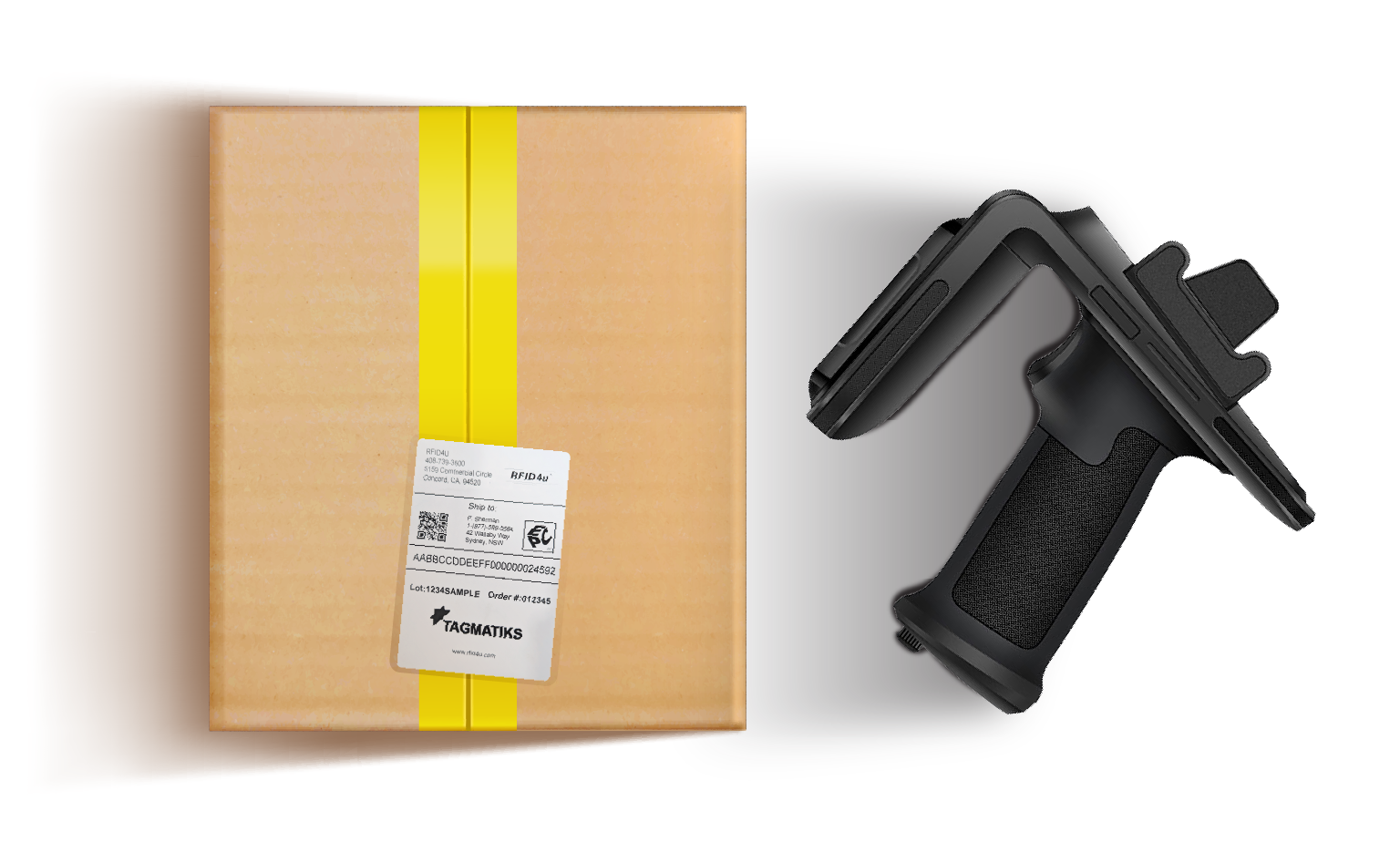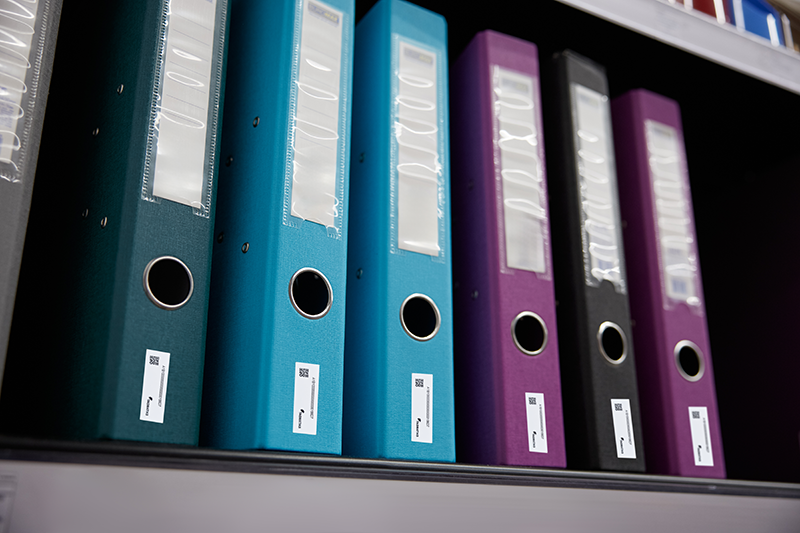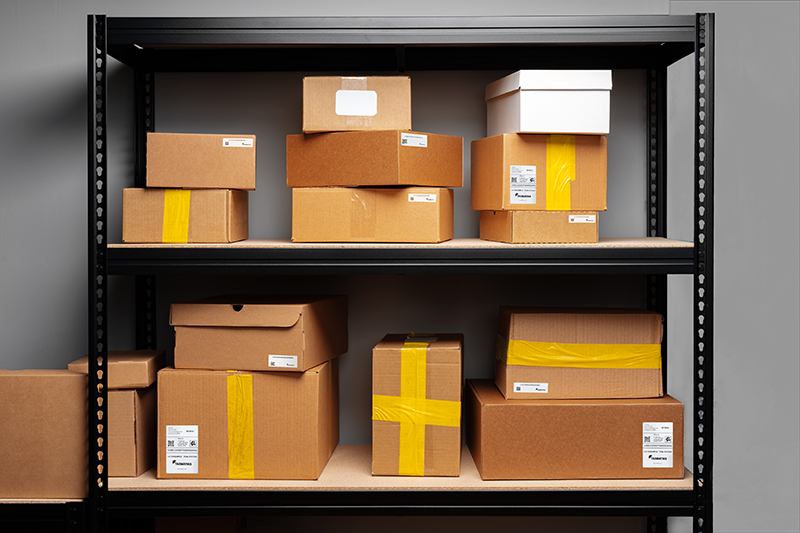RFID in Government

Transforming Government Operations with RFID Technology
RFID technology transforms government operations, enabling efficient tracking and identification of objects to improve public services and transparency.
Benefits of RFID in Government
Improved Asset Tracking and Inventory Management
RFID enables automated asset tracking in government, improving visibility and reducing losses efficiently.
Enhanced Security and Theft Prevention
RFID tracks sensitive government assets, detecting unauthorized movement and preventing theft of critical resources.
Improved Compliance and Regulatory Adherence
RFID creates detailed audit trails, enabling precise tracking and reporting for regulatory compliance in government.
Enhanced Citizen Services
RFID enhances public services through efficient tracking of education and healthcare resources for citizens.
Increased Supply Chain Visibility
RFID tracks government supply chains, enabling real-time monitoring and improved resource distribution planning.
Enhanced Emergency Response
RFID empowers emergency response by tracking assets and equipment for swift deployment during crises.
Improved Traceability and Recall Management
RFID enables quick tracking of government items, allowing fast and accurate recalls for public safety.
Reduced Manual Data Entry
RFID automates data collection, reducing errors and freeing staff for strategic government tasks.
Increased Accountability and Transparency
RFID generates real-time data that enhances governmental accountability and supports comprehensive auditing processes and able to take informed decision-making.
RFID Applications in the Government

Asset Tracking
RFID to track and manage government-owned equipment, vehicles, and other valuable assets to improve accountability and utilization.

Inventory Management
Utilize RFID to automate inventory tracking and auditing processes for government-owned supplies and materials.

Document Tracking
Apply RFID to securely track and manage sensitive government documents, files, and records.

Voting System Security
Integrate RFID technology to enhance the security and integrity of government-run voting systems.

Waste and Recycling Management
Employ RFID to improve the efficiency and compliance of government waste, recycling, and hazardous materials management.

Research Equipment Tracking
Employ RFID to monitor the usage and location of laboratory equipment in government research facilities.

Disaster Response and Emergency Management
Integrate RFID to track and manage emergency response resources, such as equipment and personnel, during crisis situations.

Historical Artifact Preservation
Apply RFID to track and manage the storage and handling of historical documents and artifacts in government archives.


